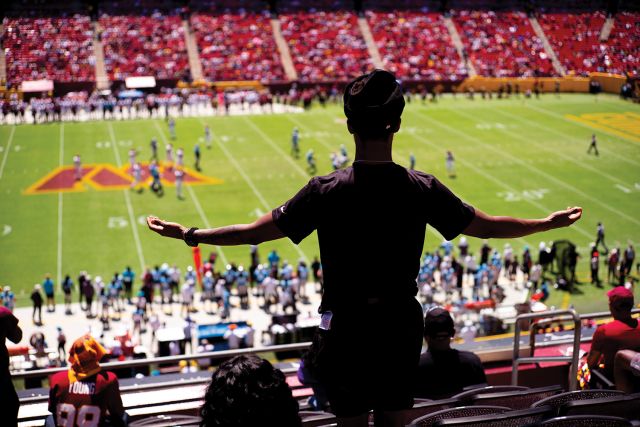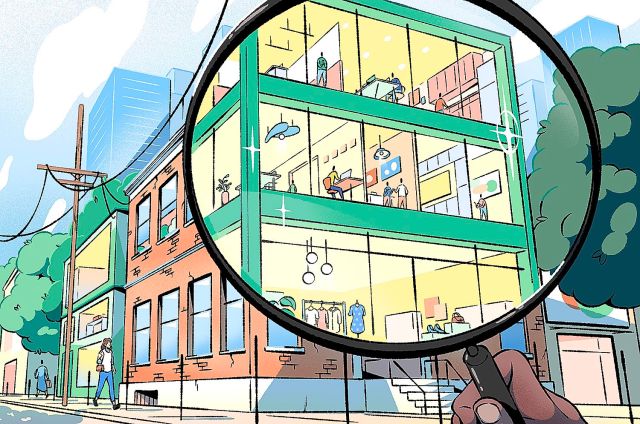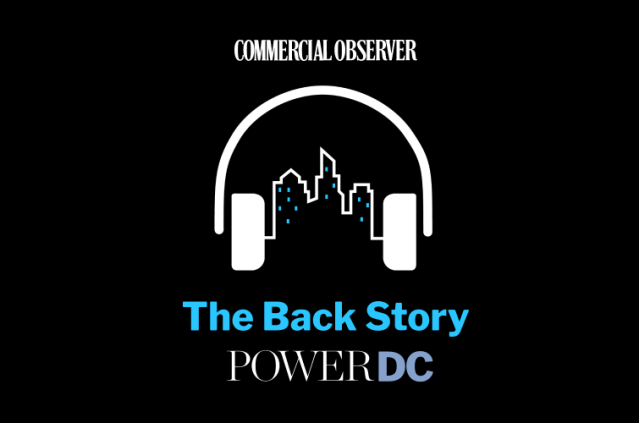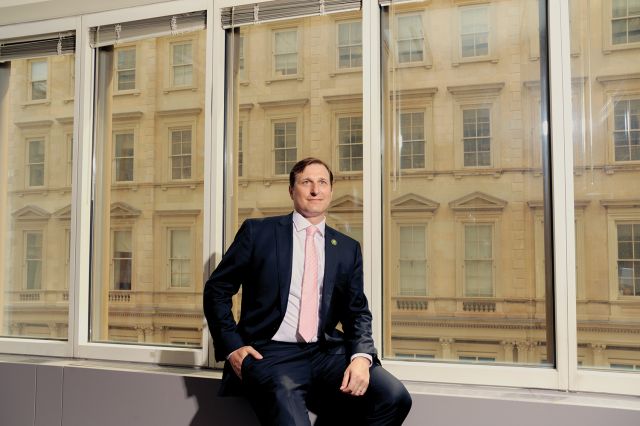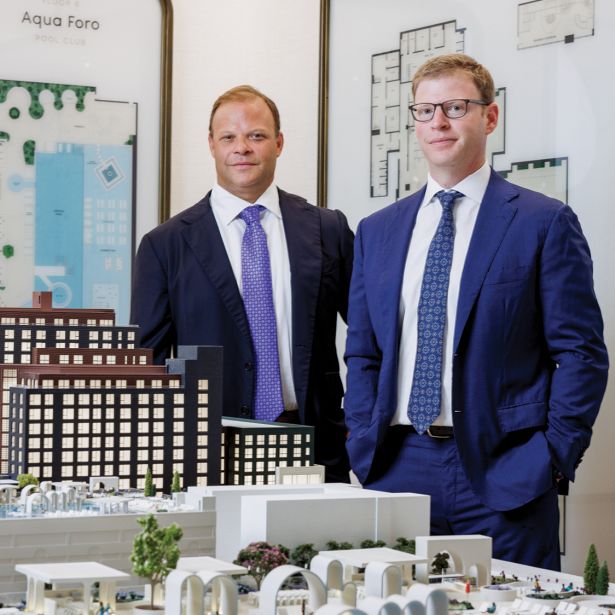
PHOTO: Matt Stanley/for Commercial Observer
Matthew and Michael Pestronk
President, CEO at Post Brothers

The men behind Post Brothers are the poster boys for D.C.’s hottest real estate trend: office conversion.
The Philadelphia-based Matt and Mike Pestronk, who founded Post Brothers in 2006, entered the D.C. region for the first time last year with a splash, spending $228 million to buy the Universal office complex in the high-end Dupont Circle area, with plans to convert it to 600 apartments. This year, they followed that up with another office-to-resi purchase, acquiring a 300,000-square-foot office, also near Dupont Circle, for $68 million in May.
Office conversions are seen by some as the saving grace of the office market, especially in larger urban markets like D.C., where there is an obvious imbalance between excess office space and a neverending housing crunch. But the Pestronks are very particular.
“We have a very specific model,” said Matt. “We’re really trying to buy real estate to develop in the most premium locations in an MSA.”
The greatest challenge in conversions is not what people think, the brothers said. “We haven’t disqualified buildings because of the layout or the floorplate,” said Mike. “The vast majority aren’t right for conversion because they have some amount of leases; they’re 25 to 75 percent leased.”
The way to fix that problem is to pay tenants to leave, but a struggling landlord doesn’t necessarily have that incentive, and very few lenders are interested in dealing with that process, Mike said. But in some unique instances — such as Post’s most recent D.C. acquisition — everything aligns.
Of course, pricing matters too.
“The U.S. is massively under-built, in the exact places where the offices are underperforming,” Mike continued. The problem is those are the most expensive office markets as well. “There’s such a long way to fall where they had such high values. Lenders won’t carry a loan if it is $600 to $700 a square foot.”
The brothers are native to the D.C. area, born and raised in Northern Virginia, and they built up their firm in Philadelphia. Since 2006 they’ve developed over 30 properties and 8,000 units, including several restorations and conversions.
The two D.C. projects will bring 900 new apartments to the city. The Universal development is underway and will be focused on “adult-oriented apartments,” targeting people who might have been forced to move to the suburbs as their families grew

